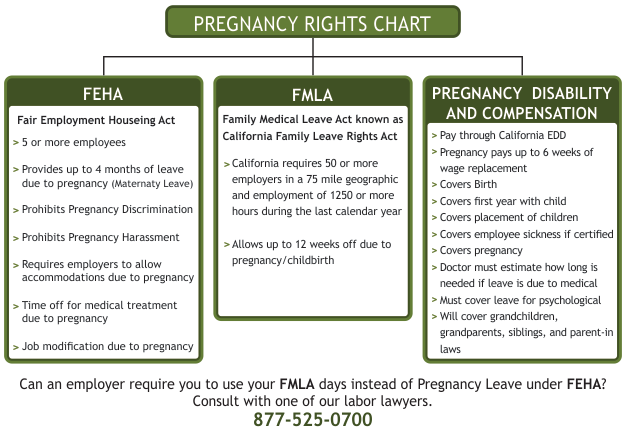Employer Retaliation is Illegal
One major problem with respect to California workplace rights is employer retaliation. Retaliating against an employee in California is against the law if the employer does so for protected employee activity. Protected activity under state laws creates specific safeguards for workers who make a report about activity which the employee believes to be illegal. If an employee makes a legitimate complaint or reports what the employee reasonably believes to be illegal activity, it is against California Labor Laws for an employer to retaliate against an employee who discloses information to law enforcement agencies. It is also a violation of state labor laws to retaliate against an employee because the worker won’t break the law. The penalties for retaliation in California can be extreme, sometimes including fines of up to $10,000 per retaliatory act.
Protected Employee Activity
Here is a list of the types of activities that are protected from retaliation in California:
- Filing a claim with the Labor Commissioner
- Filing an Occupational Safety and Health Administration (OSHA) complaint
- Disclosing information to a government or law enforcement agency
- Filing a discrimination or harassment claim
- Serving on a jury

Pregnancy & Disability Discrimination Laws in California
Another major problem in the workplace is discrimination based on pregnancy and disabilities. California enacted the FEHA to protect the rights of all workers in the state to seek, obtain, and hold employment without discrimination on account of various characteristics. Some of the protected classes of discrimination include race, religion, color, national origin, ancestry, physical disability, mental disability, medical condition, marital status, intercourse, age, and intercourse orientation. The California Government Code permits employees to file civil lawsuits for damages when employers violate the Fair Employment and Housing Act. When a female worker is unable to work as a result of pregnancy disability, childbirth or other related conditions, the employer is obligated to treat the employee the same as though the employee has any other disability. This involves making reasonable accommodations for pregnant workers.
Furthermore, there are two statutory schemes that allow pregnant employees to leave work to deal with the pregnancy and return to their job – Family Medical Leave and Pregnancy Disability Leave. The federal Americans with Disabilities Act (ADA) and the California Fair Employment and Housing Act (FEHA) deal with employers that discriminate against disabled workers. A disability for purposes of California Discrimination laws includes a physical or mental impairment that limits one or more of the major life activities. An employer that violates disability laws can face significant and overwhelming penalties. The Americans with Disabilities Act of 1990 provides disabled workers with a way of recovering damages by way of a government enforcement action when they have been unlawfully denied an employment opportunity due to the disability even though the employee was equally qualified.
Contact an employment law attorney at Blumenthal, Nordrehaug & Bhowmik today to learn about California workplace rights. There are substantial penalties for retaliation and workplace harassment claim. Under California labor laws, discrimination based on pregnancy is illegal.
Article publié pour la première fois le 09/08/2015

